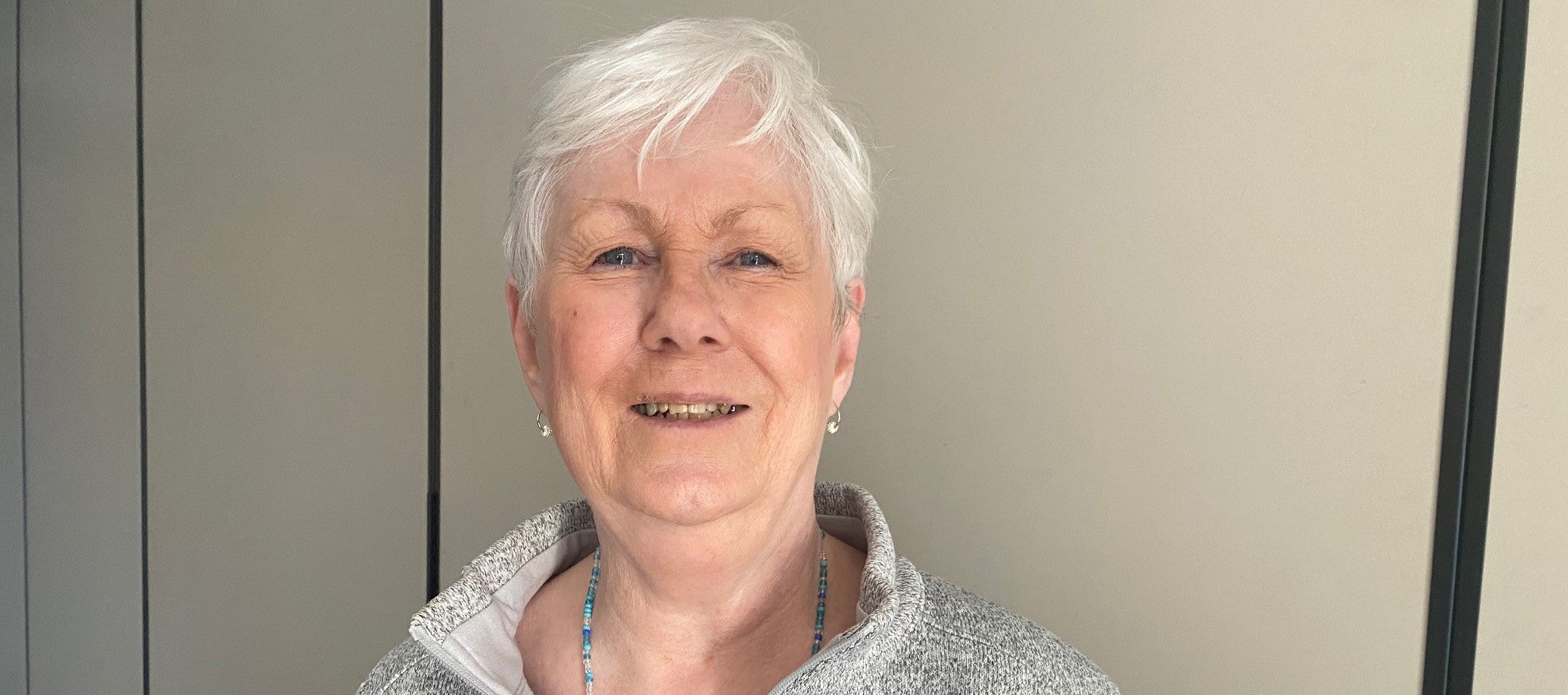
Learning to “Live Well” with chronic disease
April 29, 2024.
It’s amazing how our priorities in life change once we get sick. Most of us are reminded of this for a week or two each year after we catch a cold. We get a taste of what it’s like to become bedridden and lose our luster for daily living. In time though, our symptoms pass, our spirits lift, and we get to move on with our daily lives.
But what happens when an illness does change our lives forever? What do people do when a chronic disease like cancer, bipolar disorder or multiple sclerosis prevents us from going back to the way things were?
FLA OHT partner, Kingston Community Health Centres (KCHC) employs a hugely successful approach known as regional self-management. This model emphasizes preventative care and early chronic disease management and helps partners work together as a team to ensure individuals are accessing care before they become severely ill.
Living Well South East Ontario is a program hosted through KCHC providing free information and workshops on self-management for the public and health-care professionals. The workshops offer support and advice to those living with chronic conditions, chronic pain, diabetes and cancer (just to name a few).
After completing one of the six-week programs, two out of three workshop participants surveyed said they felt highly confident they could figure out solutions when new problems arose with their health; 87 per cent were confident they could help prevent or reduce problems associated with their health; and 92 per cent were confident they could follow through with medical treatments at home.
“Part of the self-management philosophy is learning what is in your control and what is not. I may not be able to control that I don’t have a family doctor, but I can control how I look after myself and use the resources that are available to me,” explains Nancy Willis, a peer leader and master trainer with Living Well South-East Ontario. “When you learn to self-manage, you will take less medication, reduce your visits to the ER and trips to your family doctor. You learn there are a lot of tools you can add to your toolbox so that you can redefine what it means to live well.”
Acceptance and Action
Life with fibromyalgia has been a daily struggle for Willis. However, the Kingston resident says she’s been able to alchemize her illness and find a silver lining by helping others learn the practice of self-management.
During her workshops, Nancy says she regularly hears from people who have been told by their doctors that “there is nothing more they can do.” But she points out that when using self-management techniques, a person can learn to feel better and take back control of their health.
“We teach participants how to reduce stress, navigate different emotions, move more, communicate better, problem solve, manage their medications, and make action plans,” Willis said. “And because our workshops are offered online, people who are immune compromised can have a cancer treatment in the morning and still come to the workshop afterward. People can take the workshops in bed, in their lazy-bone chairs and with heating pads on their backs. You really can come as you are.”
To learn more about the Self-Management program and its roster of upcoming workshops, visit Living Well.
